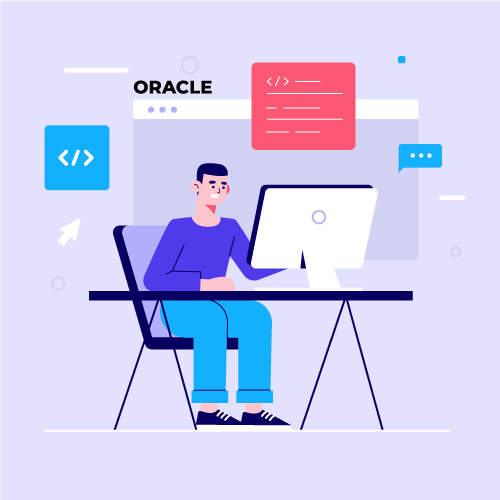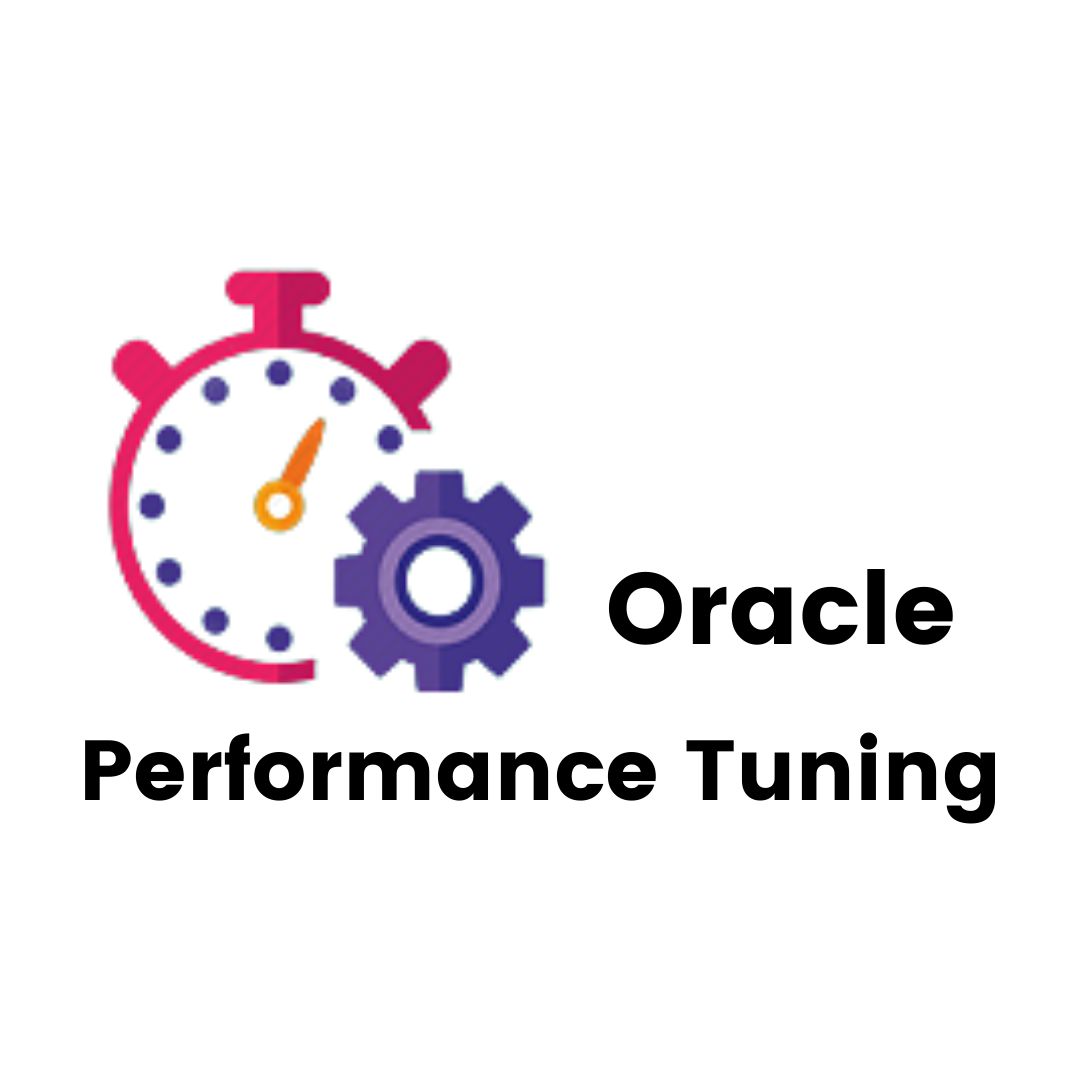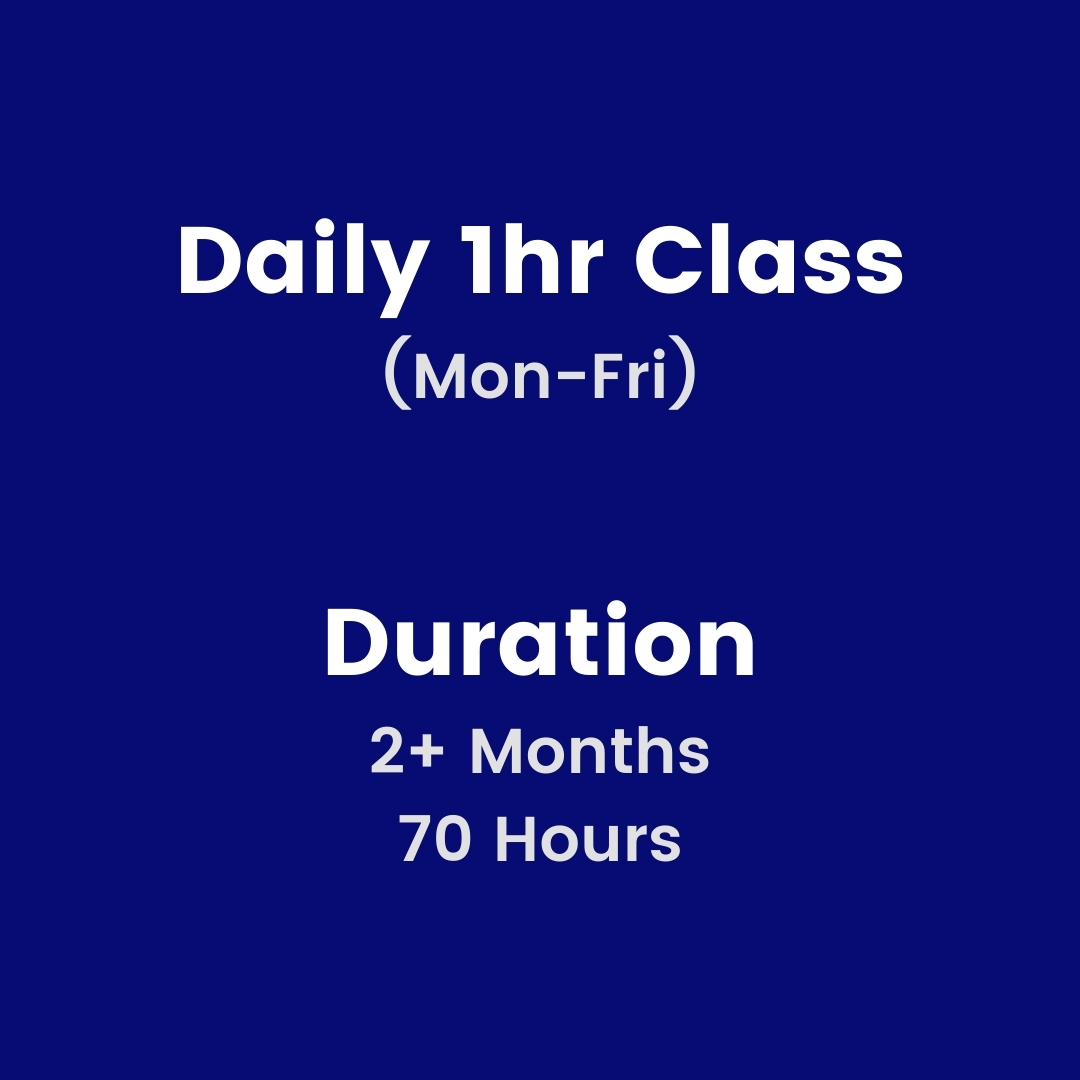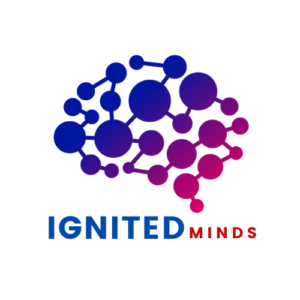
Database technologies are a key feature of most Enterprise solutions and have dominated the software industry for decades. Databases can be created to accomplish almost anything with information, including tracking, organising, and editing data, collecting data and producing reports, and serving as the foundation for information-rich, dynamic websites.
In Ignited Minds Oracle Course Curriculm is meant to be taught as part of an academic programme of study, contains educational learning objectives, and is modular, allowing instructors and faculty to incorporate complete Oracle courses, individual lessons, or themes into their current classes and programmes of study.
Oracle Course Objectives
• Enhance a better grasp and knowledge of database analysis and design.
• Gain a better understanding of ORACLE SQL and PL/SQL database development and administration processes.
• Enhance Programming and Software Engineering skills and techniques using SQL and PL/SQL.
• The student will be taken from very simple ORACLE SQL/PLSQL programmes to increasingly complicated ORACLE SQL/PL/SQL coding approaches.
• Regular Skill Assessments and tests

What & why should someone learn
Database Technologies?
Database Technologies are integral part of most of enterprise solutions and ruling software industry leadership in last several decades. Considering recent digital platform evaluations the dimensions of data management is changed and it is challenging, this demands next generation database technologies. Precisely there will be continues huge demand of Database developers/Administers in coming years.
This class features dozens of in-class exercises, and the student will be guided from very simple PL/SQL programmes to increasingly complex PL/SQL coding techniques.


What we offer?
Each course is designed to help you understand how to get the most out of the technology you use every day. Oracle training courses will assist you in becoming more knowledgeable and efficient so that you can use Oracle products to achieve measurable results, increasing your chances of being recruited.
Oracle widely used for data science, machine learning and plslq for the oracle developers & java full stack developer also in this course will learn SQL, PL-SQL, performance tuning and new features oracle 12c admin-1,oracle 12c admin-2, mangoDB, SQL PLUS.
Programming Languages & Tools Covered






100 + hours Class Room coaching, 400+ hours Learning , 45+days live projects execution, World Class on hands practical’s. 1000+ sample programs, real time industry projects and 24*7 mentors support. Mid semester practical exams and mini projects.
- Designed for Fresher’s as well as Working Professionals
- One-on-One with Industry Mentors
- 100+ hours of Learning
- Dedicated Student Success Mentor
- Job Placement Assistance with Top Firms
- Practical Hands-on Workshops
- Timely Doubt Resolution
- Real Time Projects at the end of course
- Resume Preparation and mock Interviews
Our curriculum focuses on
industry-related skills
After successful completion of 3rd Batch, we are starting new batch on Oracle!!

Topics Covered
Introduction to Database
Relational Database Concepts
Data Model
Normalization
Introduction to Oracle Database
Basic Elements of Oracle SQL, Oracle Built-in Datatypes
Types of SQL
Retrieving Data Using the SQL SELECT Statement
Restricting and Sorting Data
Using Single-Row Functions to Customize Output
Using Single-Row Functions to Customize Output
Reporting Aggregated Data Using the Group Functions
Displaying Data from Multiple Tables
Using Subqueries to Solve Queries
Hierarchical Queries
Using the Set Operators
Advance Analytical Functions
Manipulating Data
Managing Schema Objects
Overview of PL/SQL
PL/SQL Programming Language Fundamentals
PL/SQL Datatypes
PL/SQL Control Structures and Loops
Error Handling & Built-in Expressions
User Defined Exceptions
Introduction Cursor
Advance Cursor
Triggers
Collections
Records
Using Static SQL
Dynamic SQL
Procedures
Functions
Packages
Tuning PL/SQL Applications for Performance
Using Oracle Supplied Packages in Application Development
Wrapping PL/SQL Source Code
What is causing modern day performance issues?How to overcome modern day performance issues?
Performance Gains by SQL Tuning (Behind Indexes )
Types of Indexes.
Function based Indexes (FBI ), Foreign Key Indexes ( FKI)
Monitoring and Managing Unused Indexes.
Writing Optimized SQL
Effective indexing, Single Column Indexes , Composite Indexes
How to Measure Index SELECTIVITY
Gather Stats , Introduction to Histograms
Table Partition , Index Partition, LOCAL and GLOBAL Indexes
Partition Pruning
Use of Optimizer HITS, PARALLEL, INDEX, ALL_ROWS, FIRST_ROWS
Issues with Delete, Resetting High Water Mark
Concept of RESULT_CACHE and Usage
Life time access to class recordings
Resume Preparations (0-3 yrs)
Conduct 5+ Mock Interviews
Share Daily Class PDF/Word Materials
Share Daily Class Recorded Videos
Provide 10+ Live Telephonic Interview Audios
2 Batch Repetitions are allowed with zero cost
